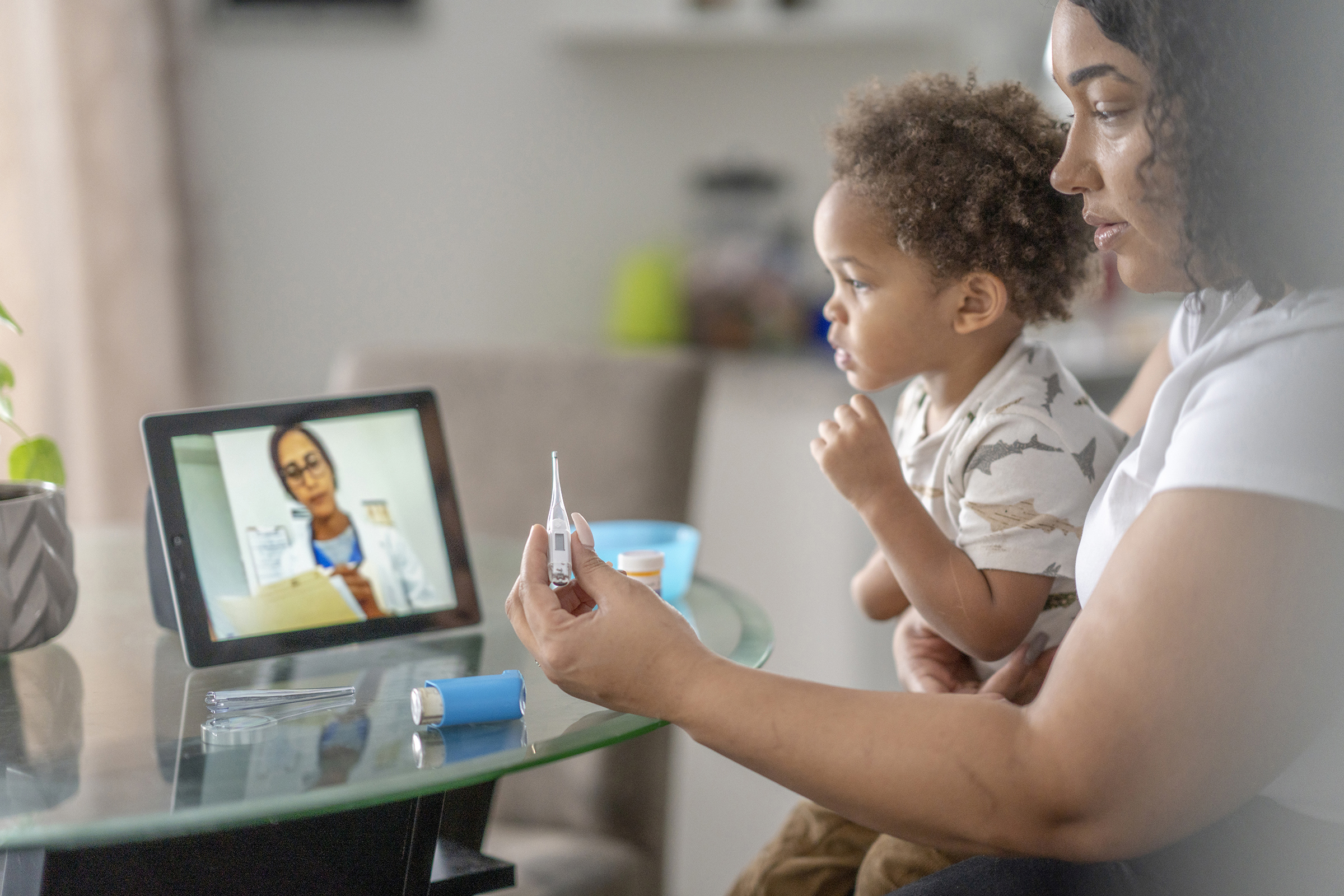RSV cases are on the rise in Craig, following statewide, national trends
Healthcare providers are treating this respiratory virus at a higher rate than in previous years
If you’re interested in receiving community healthcare news straight to your inbox, sign up for our digital newsletter of Living Well here.
RSV, or respiratory syncytial virus, is a common respiratory virus that usually presents itself with cold-like symptoms. It is common to see an increase in cases during the fall, winter and spring, but this year experts are saying cases are rising earlier than in years past.
This is a cause for local concern among Memorial Regional Health providers, as the increase in local RSV cases among children and adults creates another virus for community members to watch for and worry about, in addition to the flu and COVID-19.
Most people can recover from RSV within two weeks. However, the virus can be very serious for infants; adults with weakened immune systems, chronic heart or lung disease; and those who are 65 years and older.
Understanding RSV in children
The National Institute of Allergy and Infectious Diseases reports that nearly all of U.S. children become infected with RSV by the age of 2, with 75,000 to 125,000 of them hospitalized each year. RSV is the most common cause of bronchiolitis and pneumonia in U.S. children younger than 1 year of age.
It’s safe to say that parents should be aware of this potentially deadly virus.
In babies and young children, RSV typically starts off with mild cold symptoms which can progress in severity over the next four to seven days. With a respiratory virus such as RSV, there may be a lot of swelling of the airways and excess mucous production, so viruses like this can be much more severe to infants and young children because they have smaller airways than older children and adults.
It is important to monitor your child’s symptoms closely and seek medical care if there are any concerns. It can be difficult for a parent or caregiver to assess a child’s breathing when they are ill, so it is important to reach out to your child’s medical provider or have them seen if there are any concerns.
According to the Centers for Disease Control and Prevention, scientists are working to develop vaccines and antiviral medication to fight the virus, but as of right now, there are no specific treatments for RSV and most infections go away on their own in one to two weeks.
What to do if you or your child has RSV symptoms
Schedule an appointment at Memorial Regional Health Medical Clinic with your family medicine provider by calling 970-826-2400. For your pediatric provider, call 970-826-2480. Patients can also walk-in at the Rapid Care Clinic today at 2020 W. Victory Way.
If you are experiencing severe symptoms, such as extreme difficulty breathing, or have a baby with a fever higher than 104 degrees (for infants under 3 months, higher than 100.4 degrees), dial 911 and/or immediately visit the emergency department.
Signs and symptoms of RSV
RSV symptoms typically start to show within four to six days after getting infected. Common signs and symptoms include:
- Fever
- Coughing
- Sneezing
- Runny nose
- Wheezing
- Decrease in appetite
Symptoms may be more severe for those with asthma, congestive heart failure (CHF) and chronic obstructive pulmonary disease (COPD). Other symptoms for young infants may include irritability, decreased activity and difficulty breathing.
Keeping yourself and your family healthy
With the spread of RSV active within our communities, it is imperative to follow standard health guidelines.
- Wash your hands often with soap and water for at least 20 seconds, and help young children do the same. If soap and water are not available, use an alcohol-based hand sanitizer. Washing your hands will help protect you from germs.
- Keep your hands off your face, especially avoid touching your eyes, nose and mouth with unwashed hands.
- Avoid close contact with sick people. Try not to kiss or share cups or eating utensils with people who have cold-like symptoms.
- Cover your coughs and sneezes. Cover your mouth and nose with a tissue or your upper shirt sleeve when coughing or sneezing.
- Clean and disinfect surfaces and objects that people frequently touch, such as toys, doorknobs and mobile devices.
- Stay home when you are sick. Help protect others from getting sick. Do not go to work, school and public areas when you are experiencing symptoms. If you must go out, wear a face mask.
Following these unspoken rules is a simple way to help keep the community healthy. If you have contact with those who are more at risk, such as people who are immunocompromised, chronically ill, over the age of 65 or infants and young children, following these guidelines is vital to prevent sickness.
Because there is no specific treatment or vaccine for RSV, medical providers advise taking steps to relieve symptoms. Drink enough fluids to prevent dehydration, manage fever and pain with appropriate over-the-counter fever reducers and pain relievers, and contact your healthcare provider as soon as possible.






